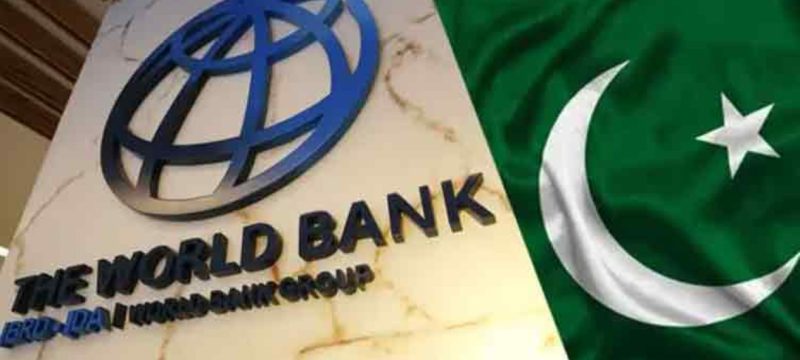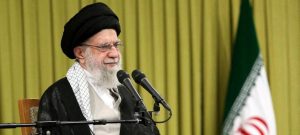The World Bank’s Board of Directors has approved $102 million in financing for Pakistan’s Resilient and Accessible Microfinance (RAM) Project. This initiative aims to expand access to microcredit and strengthen the resilience of the microfinance sector, particularly for borrowers impacted by climate-related challenges.
The funds will be used to provide loans to low-income and marginalized families who typically lack access to traditional financial services. The World Bank’s statement highlighted that nearly 1.9 million people are expected to benefit from the project, especially vulnerable groups such as women, small farmers, and rural families.
Also Read: World Bank Delegation to Review Tarbela Dam Expansion and $40 Billion Investment
A key component of the RAM Project is offering “recovery loans” to help individuals and small businesses regain financial stability in the face of climate-induced financial pressures. The project is based on lessons learned from the 2022 floods and will focus on boosting financial inclusion and resilience.
Namoos Zaheer, Task Team Leader for the RAM Project, emphasized its importance: “It will enhance economic empowerment and resilience of those at the bottom of the economic pyramid.” The Ministry of Finance, in collaboration with the State Bank of Pakistan, will implement the project, which will also involve partnerships with other international financial institutions.
The RAM Project will establish a Climate Risk Fund, introduce agrotechnology solutions, build capacity for microfinance institutions, and develop risk management frameworks to reinforce the sector’s resilience. Additionally, it is co-financed by a $23 million grant from the Global Shield Financing Facility (GSFF), a trust fund supported by Canada, Germany, Japan, Luxembourg, and the United Kingdom.





